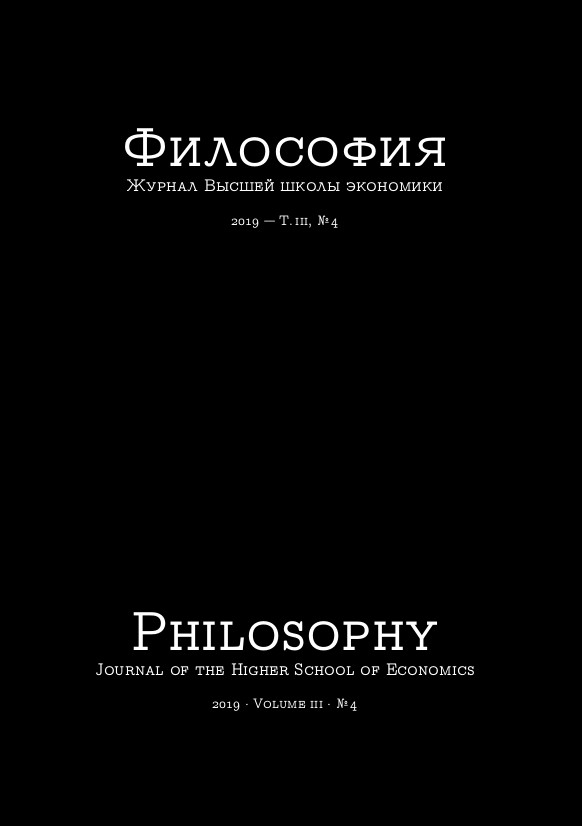The Laws of Transgression
Abstract
The modern culture, which justified the creation of social and human sciences, faced with the inconstancy of the laws of these sciences: they change, allow disturbing influences of individuals and, therefore, include regular exceptions and violations — what is called transgression in social theory. Unlike the usual exception to the rules, the transgression is always experienced and realized by the subject; unlike the dialectical contradiction, it does not necessarily include a development. Transgression can affect both descriptive and prescriptive laws, violating logical classifications, rules of language, social behavior of people. Its dynamic structure renders it close to the narrative — a text that integrates heterogeneous, often contradictory elements (events) in a temporal sequence. The article discusses various types of transgressive violations in science and fiction: logical exceptions (on the example of an episode of Flaubert’s Bouvard and Pécuchet), psychological estrangement (on the example of literary theories of Russian formalists), ritual transgression in anthropology (on the example of Georges Bataille’s theoretical works). Reproducing transgressive practices, literature and art develop a new form of mimesis, specifically inherent in modern culture: the reciprocal interchange of “plus” and “minus” that occurs in transgression constitutes a constant feature of modern European thought; such is a form of self-realization of the modern subject, experiencing his or her “existence” in going beyond the limits of law-abiding behavior and creativity.






